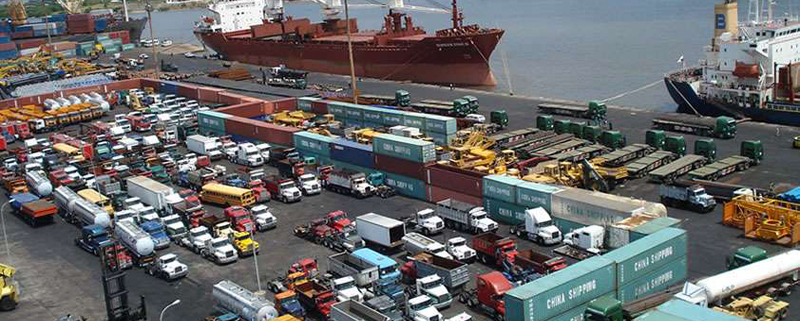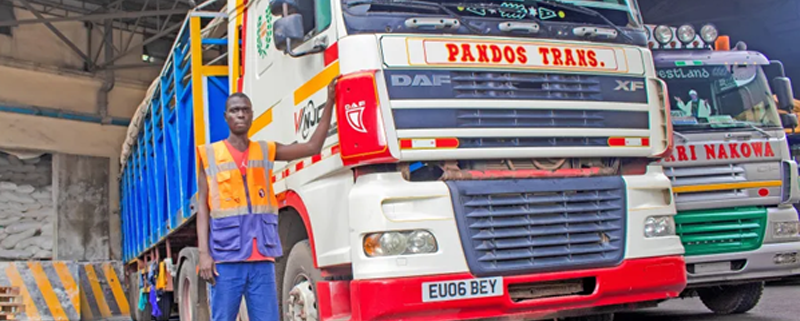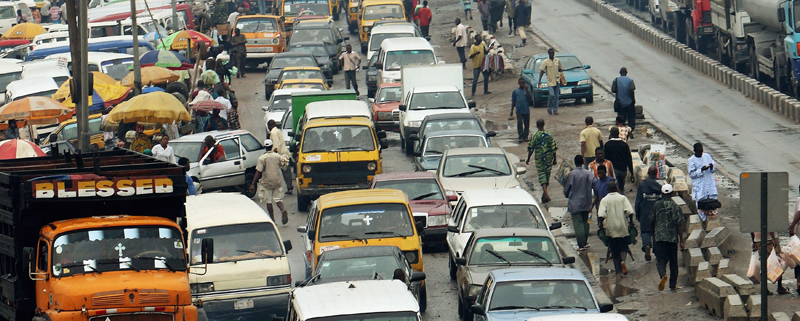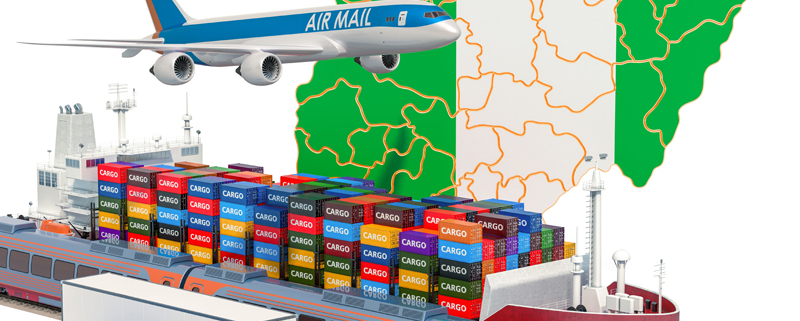Nigeria’s transport network is largely in a state of disrepair due to inadequate investment over the decades, economic and population growth, and ineffective policies and plans.
For instance, Tin Can and Apapa ports in Lagos continue to suffer from inadequate cargo handling equipment. This results in expensive delays, and when goods are eventually cleared, absence of rail connectivity results in them having to be hauled over poor and congested roads to the northern and eastern parts of the country.
These factors often result in accidents, breakdowns and further delays. All are detrimental to the economy.
Such ineffectiveness is in spite of a series of national transport policies. Reforms were initiated in 2003, 2008 and 2010. These paid some attention to the possibility of intermodalism – ensuring trucked goods are moved on to rail or water, and back to truck for final delivery. These reforms also considered privatisation and public-private partnerships. However, none of these policies and reforms made a significant difference.




